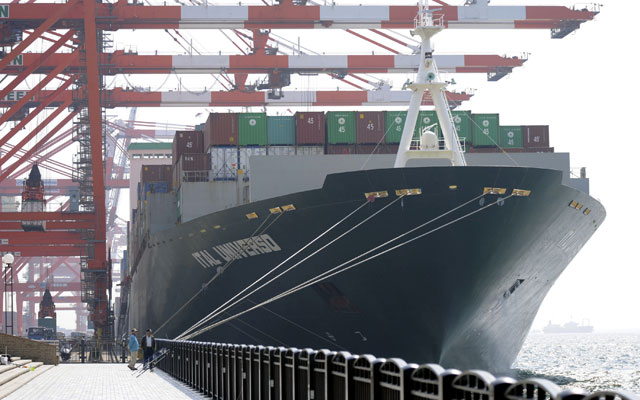Protectionist Japan? Check the Numbers
Bryan Riley /
A recent news report was headlined: “Lawmakers, business groups balk at trade deal with protectionist Japan.”
A more accurate title would have been: “Protectionist U.S. lawmakers, special-interest groups balk at trade deal with Japan.”
Over 40 Members of Congress recently wrote to President Obama to express concern about allowing Japan to join Trans-Pacific Partnership (TPP) trade negotiations. Many of their arguments were a rehash of tired labor union arguments against international competition. The United Autoworkers president commented: “We don’t see any way that you can have fair trade with Japan because of all of the non-tariff barriers, Japanese culture, tight integration of the government policies and the companies.… We don’t see a way to overcome that.”
There’s no doubt that Japan maintains too many self-destructive trade barriers. But Japan is not much different from the United States in this regard. In 2011, Japan’s imports were 16.1 percent as large as its economy, similar to the level of import penetration in the United States (17.8 percent). And things are getting better. The size of imports relative to Japan’s economy has increased by 60 percent during the past 10 years.
The U.S. has trade barriers, too. The U.S. keeps its markets closed to imported milk and sugar and maintains high tariffs on things like t-shirts (16.5 percent), canvas tennis shoes (18.6 percent), and pickup trucks (25 percent).
Senator Debbie Stabenow (D–MI) argued: “Opening U.S. markets to more Japanese products while Japan keeps its market closed to American automakers simply does not make sense.”
Here’s something that makes even less sense: excluding Japan, the world’s third-largest economy and a long-standing U.S. friend and ally, from TPP negotiations. The TPP is designed to reduce the types of protectionist policies criticized by lawmakers. The exclusion of Japan from the talks would foreclose any opportunity for progress.

